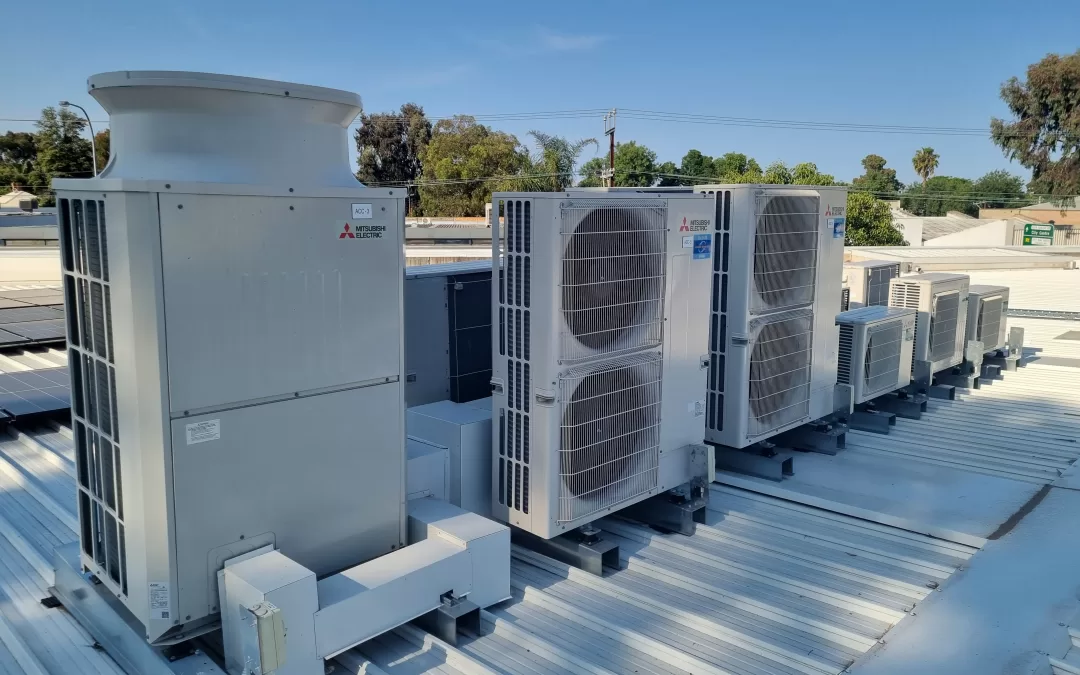Best Hvac Furnace Repair Technicians In Your Area For Quick Service
Your Guide to Selecting the Right HVAC System for Your Requirements
Selecting an ideal A/c system is a critical choice that can significantly impact comfort and energy effectiveness in your home. Additionally, comprehending the different kinds of systems offered and their energy rankings can help lead your choice.
Recognizing Heating And Cooling System Types
When picking an a/c system, it is important to understand the various types readily available to fulfill your specific demands. The main classifications of a/c systems include air conditioning systems, ductless mini-split systems, heatpump, and heating system systems.
Central air systems are made to cool multiple spaces utilizing ductwork to distribute conditioned air. They are suitable for larger homes needing regular temperature control. Ductless mini-split systems, on the various other hand, offer adaptability and efficiency, as they enable zoning capacities, making it possible for specific area temperature level guideline without the requirement for ductwork.
Warm pumps run by moving warmth rather than producing it, making them an energy-efficient choice for both home heating and cooling. Alternatively, heater systems use combustion to create heat, making use of either power, oil, or gas.
Each system has unique benefits and considerations, including setup needs, maintenance, and total expenses. Recognizing these kinds will help homeowners make notified decisions based on their particular demands, climate, and budget restraints, inevitably guaranteeing optimum convenience and efficiency.
Examining Energy Efficiency
Power performance is an important variable in the choice of an A/c system, as it straight affects both utility expenses and ecological sustainability. The Seasonal Energy Performance Ratio (SEER) and the Home Heating Seasonal Efficiency Aspect (HSPF) are important indicators for air conditioning systems, representing their effectiveness over a regular cooling and home heating season, specifically.
In addition, try to find systems that have earned the ENERGY celebrity label. This certification symbolizes that the devices meets strict energy efficiency guidelines established by the U.S. Environmental Security Agency. Take into consideration the system's variable-speed modern technology, which permits for extra reliable procedure by changing the outcome to match need, additionally boosting energy cost savings.
Moreover, correct insulation and duct sealing can dramatically influence the system's total performance. In recap, picking an energy-efficient a/c system not just decreases your energy expenses but also adds to a much more lasting setting, making it an important consideration in your buying procedure.
Assessing System Dimension
Choosing the proper size for a HVAC system is crucial to ensuring optimum performance and performance. An undersized system may have a hard time to preserve wanted temperatures, resulting in increased damage, higher energy usage, and reduced convenience. Conversely, an oversized system can lead to quick cycling, which not just triggers ineffectiveness however additionally influences moisture control and air top quality.
To assess the ideal sizing, it is important to carry out a load estimation, which takes into consideration aspects such as the square video of the area, insulation degrees, home window dimensions, and local climate problems - air duct cleaning coquitlam. This calculation aids identify the British Thermal Devices (BTU) required for heating and air conditioning. In addition, it is vital to represent details demands, such as the number of residents and the visibility of heat-generating appliances

Setup Costs and Budget
A thorough understanding of setup prices is essential for companies and house owners considering a brand-new a/c system. The overall expenditure of installation can differ commonly based upon several elements, including the kind of system, the complexity of installation, and the location of the property. Usually, installment expenses can range from $3,000 to $10,000, depending upon the system's dimension and performance.
When budgeting for a cooling and heating system, it is essential to think about not just the first installment prices yet also any kind of additional costs that might occur, such as ductwork alterations, electrical upgrades, or permits. In addition, it is suggested to acquire multiple quotes from qualified a/c service providers to make sure competitive prices.
Property owners should additionally consider the prospective long-term financial savings related to energy-efficient systems. While the in advance costs might be greater, energy-efficient models can cause considerable cost savings on utility bills gradually.

Maintenance and Long Life Considerations

Proper upkeep consists of regular assessments, filter replacements, and cleansing of ducts and coils (boilder repair). Neglecting these tasks can bring about lowered performance, enhanced energy costs, and early system failing. Homeowners need to likewise consider the availability of service agreements, which usually supply scheduled maintenance and top priority solution, making certain that the system remains in peak condition
Longevity varies by system kind; as an example, well-kept main air conditioning devices can last 15 to my site 20 years, while heat pumps may have a life expectancy of 10 to 15 years. Selecting a system with a strong credibility for reliability, along with buying routine upkeep, can considerably improve the system's longevity. Additionally, choosing higher-efficiency versions may lead to long-lasting financial savings on power bills, stabilizing the initial financial investment in time.
Verdict
In final thought, picking a suitable HVAC system requires cautious consideration of various aspects, including system kinds, power performance, and size. Ultimately, an educated decision will certainly improve comfort and performance in household atmospheres while taking full advantage of energy cost savings.
Choosing a suitable HVAC system is a vital choice that can substantially impact comfort and energy performance in your home.Energy performance is a vital element in the option of a HVAC system, as it straight impacts both energy expenses and ecological sustainability. The Seasonal Energy Effectiveness Proportion (SEER) and the Home Heating Seasonal Efficiency Variable (HSPF) are important indications for air conditioning systems, representing their performance over a visit our website typical cooling and heating period, respectively. Selecting a system with a strong track record for reliability, along with investing in routine upkeep, can significantly boost the system's sturdiness.In verdict, picking a proper Cooling and heating system requires careful consideration of numerous factors, including system kinds, energy performance, and dimension.